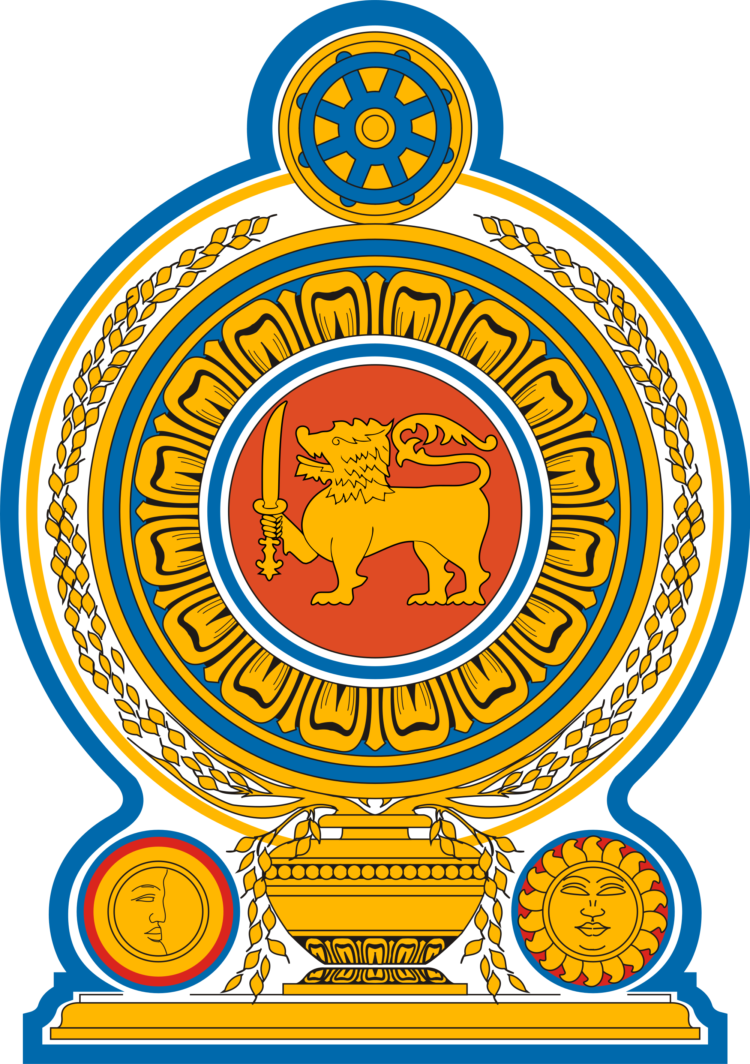By Sharini Shantha And Tony O’Riley-
The Sri Lankan government never really care much about the Christian community , according to a officials at Release International – a ministry set up to cater for persecuted Christians in 25 countires.The claim comes amid warnings of potential further attacks in Sri Lanka , and after Sri Lankan security authorities claimed to have either killed or arrested all the jihadists responsible for the Easter suicide bombings that left 257 people dead.
Paul Robinson, the CEO of Release International, which supports persecuted Christians around the world says the Shrilankan government needs to do more to protect Christians in the country from persecution told The Eye Of Media.Com:
” The Sri Lankan government needs to do more to protect Christians in the country. There is a general belief that they are not doing enough to protect Christians. After the latest terrorist attacks, I am sure a lot more is being done to keep people safe, but most people cannot understand how they could ignore warnings in advance of the attacks. When you consider the history of violence Christians have been subjected to in Sri Lanka you can see where the suspicions set in.
The attacks on Easter Sunday were timed to disrupt the most joyful service of the year – Easter Sunday. But terrorism can never overcome the truth of the Gospel , he said”. Critics of the Shrilanka government say the authorities ignored warnings of a terror attack because they were not too bothered at the target, who were Christians in Churches. The Shri lanka government denies the allegations.
Evangelical Christianity in Sri Lanka since 1980 has met with violent opposition from Buddhist extremists, and persecution has intensified since 2012. This has been at sharp odds with a rise in Buddhist nationalism.
Militants have burned churches down in the past and attacked Christians, with violent mobs being led by Buddhist monks. ”Local government officials and police don’t do enough to protect Christians, he said. Others allege they do too little and are sometimes complicit in them.
A government circular issued in 2018 requiring places of worship to be ‘registered’, despite there being no legal means to do so, has been condemned as persecutory. Many ‘unregistered’ churches were forced to close as a result of the circular which is believed to have been deliberate. Robinson said: ”That circular has been used to limit religious freedom and intimidate pastors”.
Buddhist nationalists have attempted to pass anti-conversion laws in Sri Lanka that would criminalise some forms of evangelism. Serious attempts were made to change the constitution to make Buddhism the official religion and outlaw attempts to convert Buddhists when those anti conversion laws were rejected. Those subsequent attempts also failed at the Supreme Court. Further moves to ban conversions were proposed in 2011.
ACCOUNTED
Police chief Chandana Wickramaratne said on Tuesday that police have accounted for every individual involved in the April 21 attacks on three churches and three luxury hotels, Wickramaratne said in an audio statement.
“All those who organised and carried out the suicide bomb attack have died or is in our custody,” he said.
“The two bomb experts of the group have been killed. We have seized the
The blasts in Sri Lanka on Easter Sunday, blamed on religious extremists, was one of the worst tragedies in the country which has had its fair share of religious tensions. Although the attack has been blamed on Muslim extremists, officials at Release International say the government has not expressed much concern for the interest of Christians in Shrilanka.
DISCRIMINATION
Around 2 million Christians reside in the Buddhist-majority nation where Christians from Bhuddist and Hindu backgrounds face discrimination for their faith. A lot of the discrimination stems from a feeling that Christians in the country are trying to take over by attempting to convert their Bhuddhist followers. This isn’t taken too lightly.
DIVIDE
Sri Lanka has been dogged for decades by the sharp divide between the majority Sinhalese, who are overwhelmingly Buddhist, and the minority Tamil, who are Hindu, Muslim and Christian. The mistreatment of Tamils helped nurture the growth of armed separatists and led to nearly 30 years of civil war, with Tamil Tiger fighters eventually creating a de facto independent homeland in the countrys north. The Tigers were crushed in a 2009 government offensive, with some observers believing that tens of thousands of Tamils died in the last few months of fighting alone.
DANGEROUS
Hardline Budhist Monks are considered the most violent and dangerous in Shrilanka, However, after the civil war ended, a religious divide set in after the civil war, and hard-line Buddhist monks rallying Sri Lankans against w Muslims, who make up 10 percent of the countrys population. However, many of the country’s Muslims are said to have intermingled with Buddhists to lessen the threat they pose, and face a common enemy of Christians there, seen as intruders trying to convert everyone.
P.S This article was contributed to by both authours




